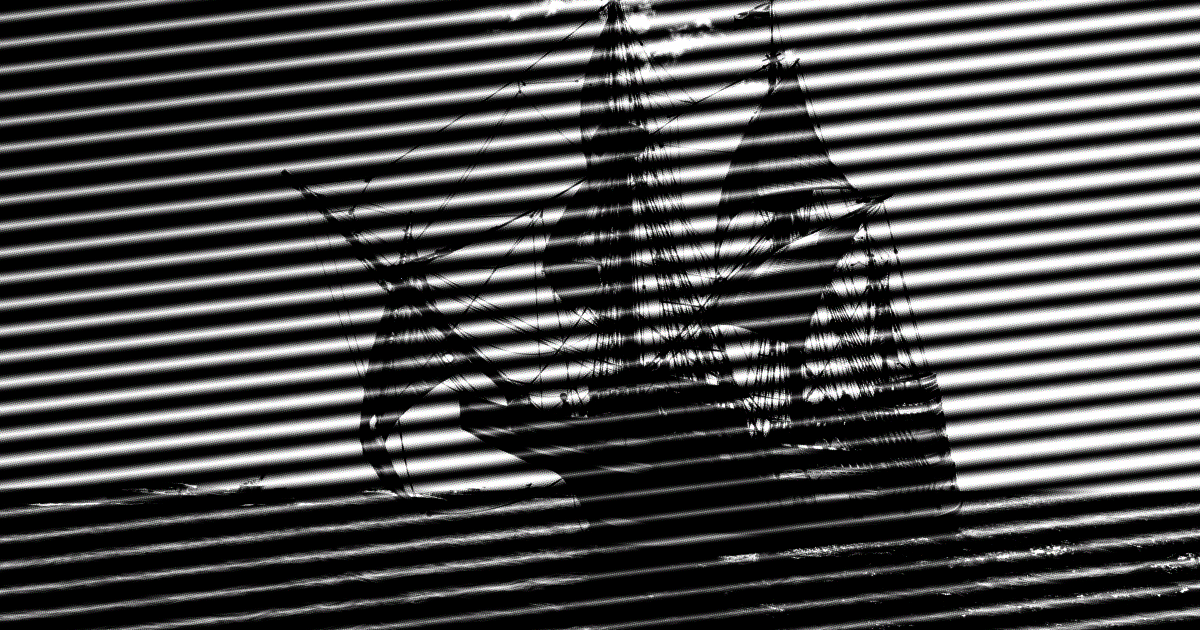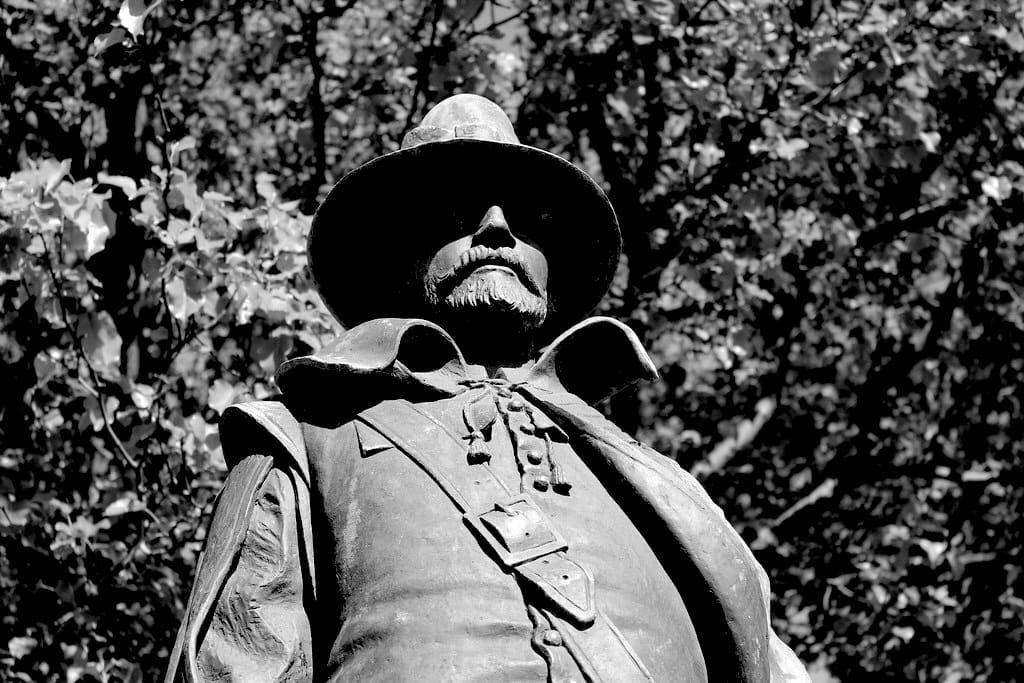
Since Exodus, we have known that every great adventure in pursuit of freedom is necessarily an act of faith. The Israelites never would have left Egypt without faith. As Moses reminds them:
"Fear not, stand firm, and see the salvation of the Lord, which he will work for you today. For the Egyptians whom you see today, you shall never see again. The Lord will fight for you, and you have only to be silent." (Exodus 14:13-14)
Recently, in the past few hundred years, we have begun to learn that faith and freedom also seem to enjoy a special relationship with decentralization.
Consider the founding of the Plymouth Colony, the first settlement in New England.
Born in Yorkshire in 1590, William Bradford was a Puritan who rejected the Church of England. Due to increasing conflict and what they saw as persecution, Bradford's congregation left England in search of religious freedom.
Thus began an unthinkably difficult journey. Consider that simply leaving England was more difficult than most of us would endure: It was illegal to leave without permission.
Their first attempt in 1607 ended in betrayal by a sea captain who had them arrested and imprisoned. But by 1608, they managed to escape to Leiden in the Dutch Republic. For 12 years, they worked low-paying jobs in this alien land.
At age 27, Bradford led the preparations for his group's adventure to the New World. The harrowing two-month voyage on the Mayflower claimed the life of his wife. The official story is that she fell off the ship, toward the end of the journey. But it's widely believed that she jumped, in a state of depression, after watching for six weeks the cold, desolate sand dunes that were supposed to become her new home. Compared to her lush and verdant England, the American frontier was unbearably grim and brutal.
The Mayflower Compact, signed aboard the ship on November 11, 1620, was a simple but effective masterpiece of decentralized self-governance. The Mayflower had originally been destined for the Virginia Colony, but due to navigational errors and storms at sea, it landed far north of its intended destination. This unexpected landing created a legal vacuum, which could have easily deteriorated into conflict and chaos.
The Compact was a brief document, about 200 words long, to form a "civil body politic." The signers pledged to abide by the body's future decisions, effectively agreeing to self-governance based on majority rule. The preamble invokes a shared undertaking "for the Glory of God, and Advancement of the Christian Faith."

The colony's economic relationships were both humble and proto-revolutionary, based on contracts and private property among peers rather than feudal privileges. Their approach contrasted sharply with the centralized operations of the French and Spanish colonial empires, which were micro-managed by government officials in Paris and Madrid.
Bradford was soon elected governor on account of his piety, wisdom, and courage, without which he would not have lasted very long. He was continually re-elected every year from 1621 until his death. He enjoyed more plenary authority than any governor of any English colony at the time, excepting only perhaps William Berkeley in Virginia.
When a 1630 patent from England made him sole lord and proprietor of the colony, he chose instead to decentralize. It was within his rights to appoint himself ruler and Lord, just as Lord Baltimore did in Maryland, but his faith dictated otherwise. He first split the patent with the other first-generation Pilgrim Fathers and then, in 1640, he persuaded these "Old Comers" to further distribute shares to the entire body of freemen.
If faith is required to begin a great adventure, perhaps decentralization is required to complete it.